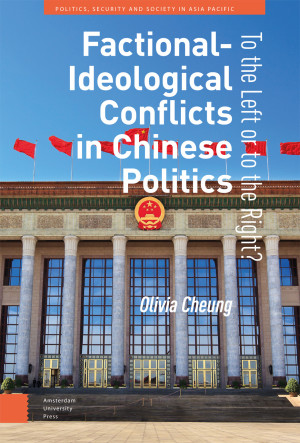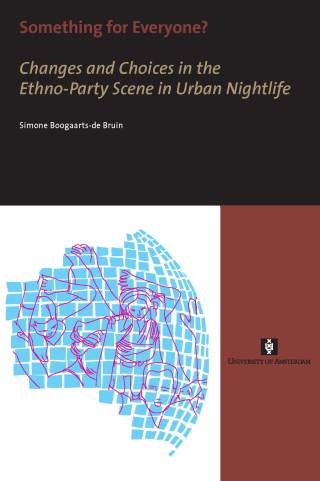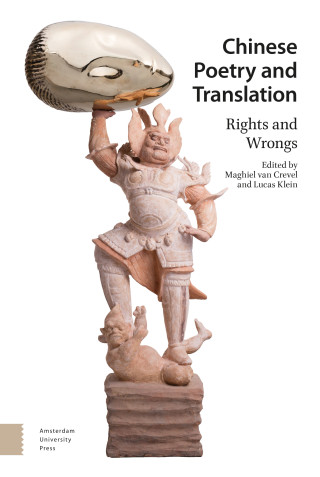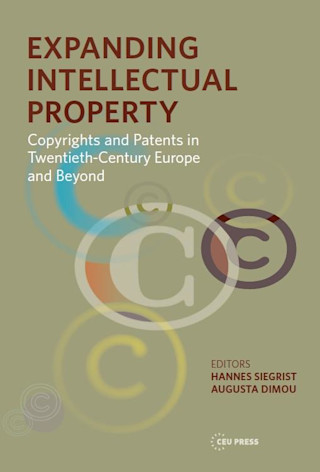''An excellent piece of work that analyses elite-level discussion and conflict in the Communist Party of China over several decades, from Mao to present-day. This book is a particularly valuable asset to the scholarship thanks to its outstanding analytical rigor, nuance and dispassionate clarity''.
Prof David S G Goodman, Director, China Studies Centre, University of Sydney
''Olivia Cheung has researched and analysed the internal workings of the Chinese party and government elite deeply. This invaluable comparative study shows parallels, and differences, over the last few decades in China, and, with detailed examples both from documents and field research, helps shed much needed light in one of the most important but little understood decision making processes of the modern world''.
Prof Kerry Brown, Director, Lau China Institute, King’s College London
''This incisive and insightful book offers a rare and novel window into the world of political jockeying taking place at the elite levels of the Chinese Communist Party, and how particular ideological debates have ended up shaping the course of China’s market reforms''.
Prof. Patricia Thornton, Associate Professor of Chinese Politics, University of Oxford.
''An incisive and absorbing overview of faction-making (and breaking) in the PRC, and one that is most timely given Xi Jinping’s quest to end elite CCP factionalism. The book is accessible both to those just beginning their journey into Chinese politics and those who are already drenched in the history and politics of this fascinating country''.
Dr Robert Weatherley, Affiliated Lecturer in Chinese Politics, University of Cambridge
''The author draws on significant primary research on the discourse of party elites, based on a wide range of archival documents and in some cases fieldwork. [...] there are enough elements here to put together an instructive picture of the nature, role and impact of factional model-making.''
-Christofher Ruane, Royal Society for Asian Affairs , July , 2024
"Olivia Cheung provides a fresh, sweeping account of ideological struggles among China’s leaders spanning from the 1960s to date. The book provides a distinctive lens to capture the elite power struggles between China’s left and right by focusing on local-level models used by central-level factions to challenge the party line and offer an alternative vision for China’s future."
– John K. Yasuda, The Developing Economies, 2024.





